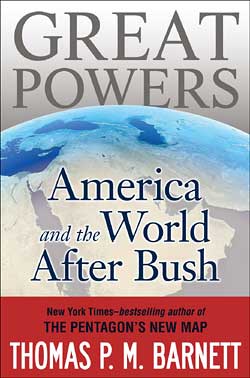Recently I had an opportunity to travel to Costa Rica. Being a rather boring blogger / analyst type, I thought a lot about the Costa Rica economy.
The Costa Rican dollar is known as the “colon“. Being the finance type, I went out to exchange money into local currency prior to entering the country. Most big local banks like JP Morgan didn’t have colones on hand – although they said that they could order the money and I’d have it in a few days – so they sent me to a specialized currency exchange. At this currency exchange there was a pretty wide “bid / ask” spread, or the difference at which they would purchase currency back from you against what they’d sell it to you for, indicating a rather thinly traded currency. I gave them 300 USD and received a big wad of Costa Rican currency – the common denomination I used was the 2,000 note which was a bit over 4 USD. This is a rate of about 500 colones to the dollar, or each one is worth about 2/10 of a cent.
I spoke to a settler from the US who was a Quaker who opened a cheese factory in Monteverde in the 1950s – he said that the colon was worth about 5 to 6 to the dollar in the 1950s. Thus even while the US dollar has depreciated against other major currencies, such as the Yen, the colon has plummeted from 20 cents on the dollar to .2 cents on the dollar, or to 1% of its “relative” value from the 1950s.

